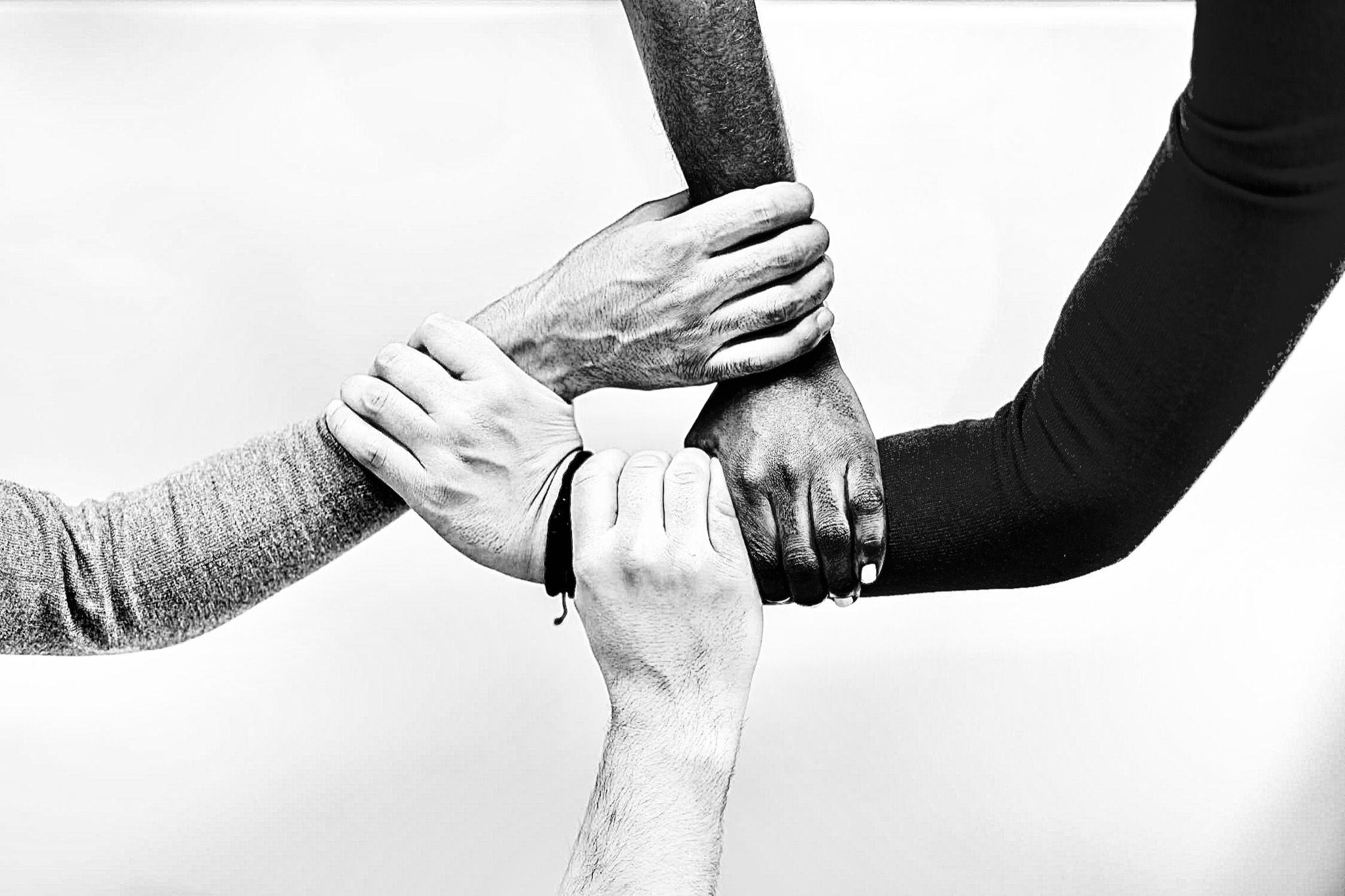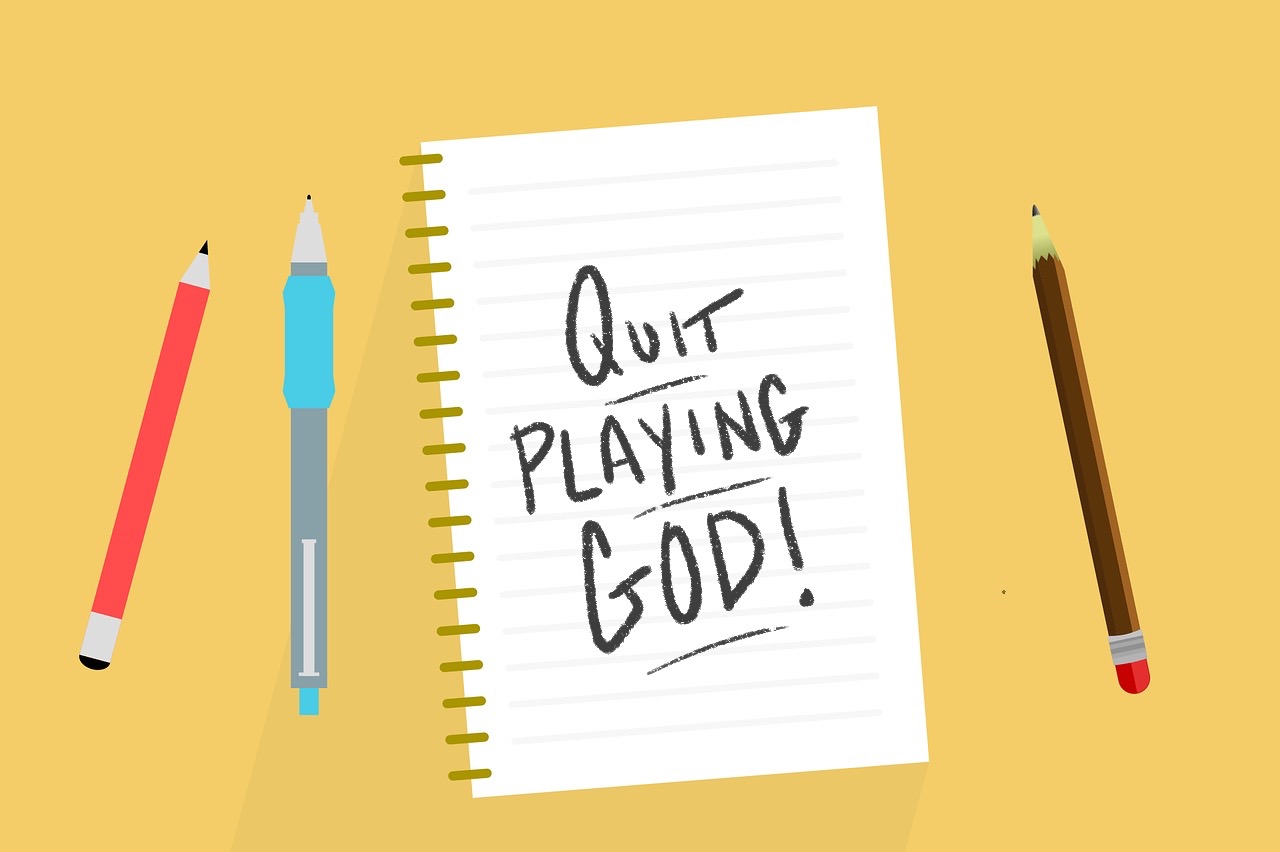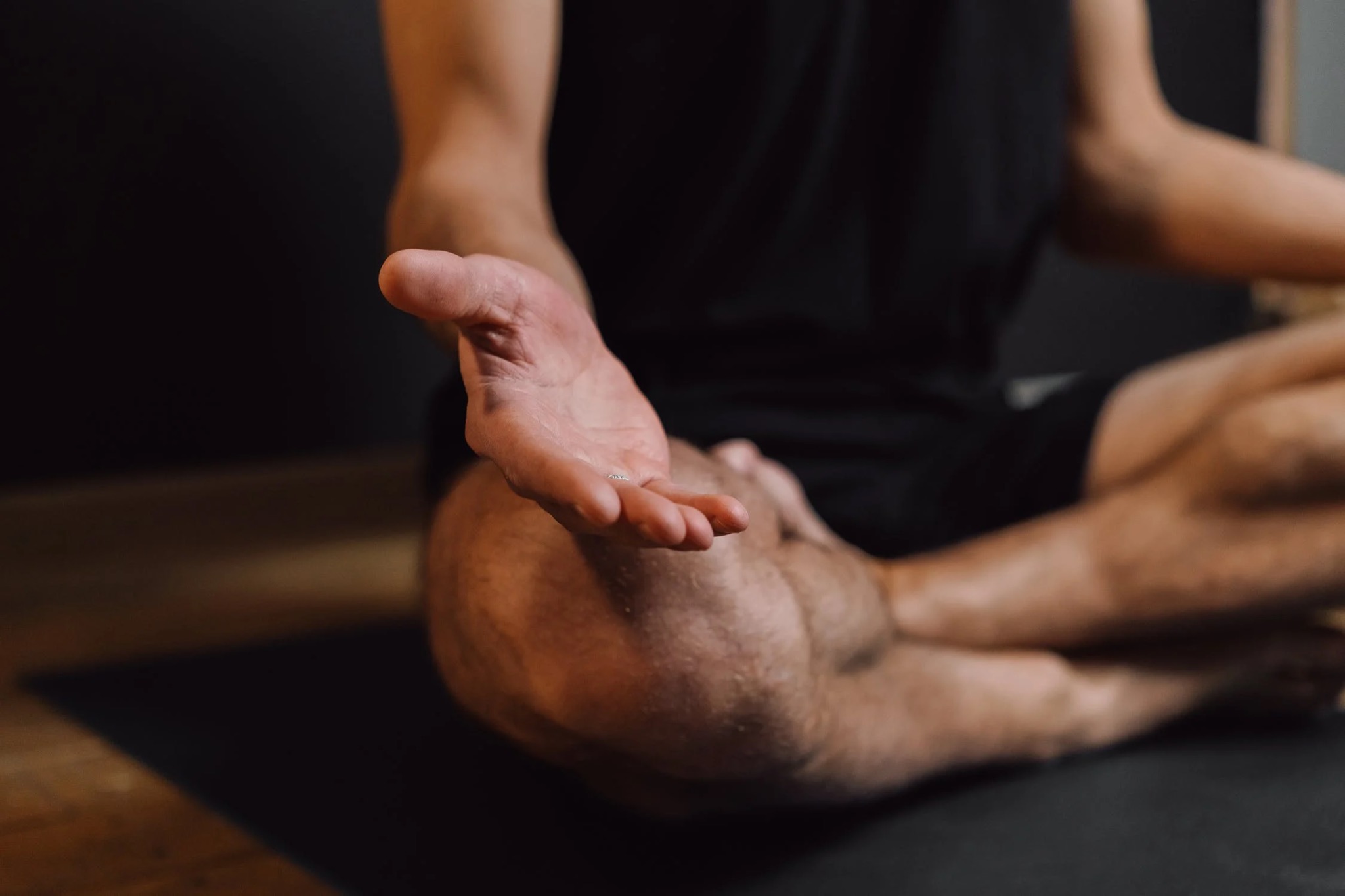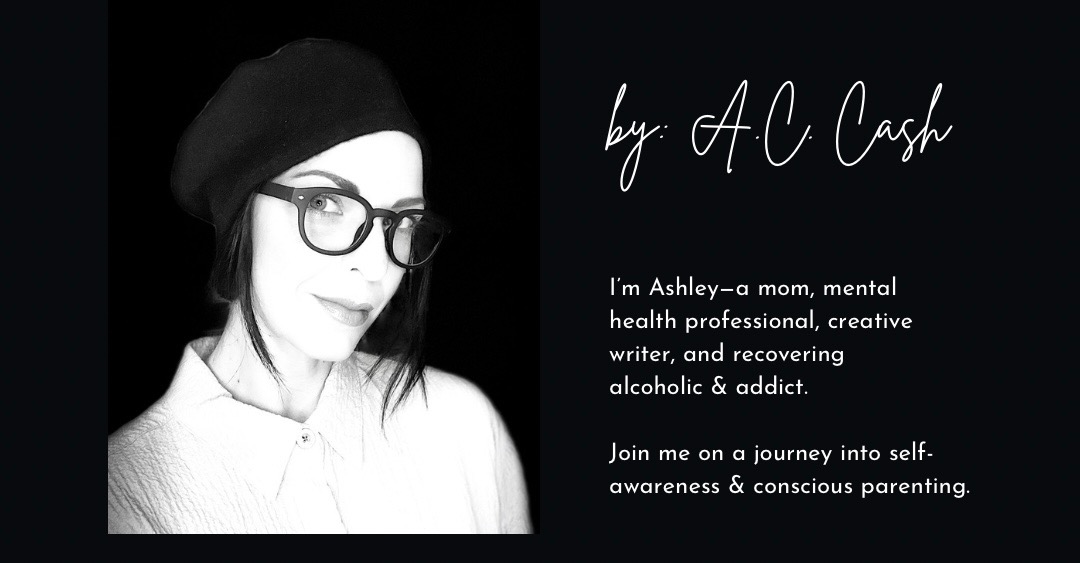
Vol. 13: Healthy Humility
For some, the topic of humility can conjure up images of restriction and bondage, but the invitation to humility is incredibly freeing.
It's one of those simple but not easy principles and, not surprisingly, has much to do with our stress and anxiety levels.
Please don't confuse humility with low self-esteem.
Being humble is knowing that you are no better than anyone else, but it is not self-deprecation.
If I were to write a book about humility, I'm sure its chances of landing on the bestseller list would be slim to none. It's a quickly confusing subject.
Also, can anyone who takes on the challenge of writing about humility be a humble person?
Probably not.
I am not humble. Not yet, that is; I'm working on it.
Through a season of anxious despair, I learned about my innate lack of humility the hard way.
I didn't fully understand the role humbleness played in my core sense of self at the time.
I needed rest.
I needed help.
But I was too self-reliant to allow for either, so I crashed and burned.
Often, small burdens feel so heavy because they reveal things about more significant troubles, and when our dilemmas contain factors out of our control, it all can become too much to bear.
And so, we are humbled.
I don't know about you, but I tend to complicate things more than I need to.
Big things. Little things.
I can find a disturbance in any landscape, and guess what?
It all stems from pride.
Well, most of it, anyway—sometimes life just sucks.
But the bulk of my irritation results from believing I'm more powerful than I am, yielding to this absolute truth:
I am not God.

HUMILITY, NOT HUMILIATION
Learning humility is no easy feat.
We often learn more about humiliation than humility, especially when we're young. While these two words come from the same root, they are on opposite ends of the spectrum regarding their meaning.
Humiliation is "to cause a painful loss of pride, self-respect, or dignity."
In contrast, humility means "a modest opinion of one's own importance."
See the difference?
The most remarkable distinction has to do with autonomy. Being humble is an individual's choice, while being humiliated is a position in which an individual is thrust.
Now, I want to clarify that being humble, in this context, does not mean being a doormat or a pushover.
Merriam-Webster defines a humble person as "modest and courteously respectful." Thus, a humble person will deem others essential and worthy of respect regardless of age, race, socioeconomic status, or other factors.
However, being humble isn't easy.
If it were, everyone would exhibit unpretentiousness, and you know as well as I do that it's not common these days—arrogance runs rampant in our society.
And unfortunately, if an arrogant person feels threatened, he will humiliate another person to maintain his fragile façade.

While this is a sad reality, we must teach our kids that this is unacceptable. We know that the best way to teach is through modeling, which means we must display humility.
So then, how do we overcome the trap of arrogance and exhibit humility to our kids, friends, family, and strangers on the corner?
Like learning to extend grace and love, demonstrating humility will take a conscious effort. And it's going to mean looking at our behavioral patterns to determine where we can grow as a people.
If you feel entitled to more of life's riches than your next-door neighbor, you may be in the grips of egoic pride that you'd be better off losing.
For more information on that subject, I encourage you to reference Vol. 7: Letting Go of Ego.
TRUST GOD & HELP OTHERS
As an addict in recovery, I talk about humility a lot; the subject is tossed around 12-step meetings like a hot potato.
In AA circles, humility is the virtue of the individual who is no longer an "inflated" self and is now a worker among workers. Helping others—other alcoholics in particular—becomes a humble daily practice that benefits both recipient and helper.
In the 12-step program, submission and rightly ordered human will concerning God remain underscored with a twist—members are to find a God of their understanding and to use their personal experience as evidence of a better way of life that unfolds from the practice of AA's principles.
The surrender of one's will to a God of one's own understanding paradoxically results in freedom from the bondage of self.
Theologically considered, there are two basic views on humility in the history of Western thought.
First, Thomas Aquinas held that humility is keeping oneself within bounds and avoiding inordinate self-esteem while bypassing the opposite error of hypocritical self-abjection. He stressed a correct ordering of God first, and then neighbor and self at equal seating.
In this tradition, humility deals with being in God's image due to our having an eternal soul, but only as fleeting finite creatures who are limited in all the ways that God is not.
In other words, humility has to do with living per the objective order of being as is self-evident to the rational mind.
This understanding of humility is consistent with the AA concept as presented by the renowned historian of the movement Ernest Kurtz, in his classic work The Spirituality of Imperfection.
Kurtz writes that humility "signifies the acceptance of being human." He says it also involves recognizing and accepting our imperfections as a path to the tolerance of others.
Humility was a trendy theological topic in Bill W.'s era of the 1930s. Renowned theologian of the mid-20th century, Reinhold Niebuhr's famous Serenity Prayer immediately became an AA mantra.
In essence, this is a prayer for serenity through the dynamic of humility:
"God, grant me the serenity to accept the things I cannot change, the courage to change the things I can, and the wisdom to know the difference."
Although we have the power to change some things, our abilities are limited. In the 12 Steps, one thing no alcoholic can change is the reality of their addiction. Only a humble dependence on a Higher Power can do that.

HUMBLE PARENTING
Parenting is the perfect workout arena for humility!
My son has immense feelings, and often he forgets to pick up the tools I've given him to cope with his emotions because he's six. Therefore I deal with my fair share of mood dysregulation and distress tolerance issues.
Ironically, one of the most challenging parts is handling my emotional reactions, the internal feelings that arise when I make his complexities all about me.
He has a meltdown, speaks to me disrespectfully, or exhibits other problematic behaviors. My first instinct is to blame myself for failing as a parent and not molding him into a more rational human being.
I've found that the trick to regulating my feelings of delinquency during these instances is to stop taking it personally. It isn't about me.
Then, I must swallow my pride so that I am teachable and be open to listening to what his conduct tells me. If I remain neutral and humble, I will quickly see that my son is simply trying to survive, much like the stranger who cut me off in traffic.
My kid isn't trying to manipulate me, annoy me, or get his way; he's just trying to meet his needs in the best way he knows.
That's why my focus shouldn't be on his behavior's impact on me but on his struggle.
Once I understand his pain through compassion, I can empower his struggle by seeing him through to the other side.
When we listen to our kids and their ideas, we realize that our way of thinking is not the only way; listening turns our pride down a notch or six.

It makes no sense that our cultural conditioning teaches us moms and dads that we're supposed to be the "experts" in the parent-child relationship.
As adults, we possess a broader knowledge of the world, of course, but all of us are utterly uneducated in the ways of any individual child.
Not only that, but just as soon as we think we have our kids figured out, they change again. So we are perpetually learning from our children—learning from them and about them.
Although childrearing is easily the most frustrating undertaking one can endure, it's also extraordinarily profound.
But unfortunately, family life provides plenty of opportunities to be self-centered, defensive, and enter into conflict.
Choose humility instead.
To quote professor, psychologist, and author of Cultural Humility, Joshua Hook, PhD., "Humility is a very pro-social quality. When you need not always be right, relationships are smoother and can be more intimate."
Healthy humility helps us grow closer to our kids, allows them to feel heard and valued, and increases our contentment and well-being.
We build humility when we exercise self-regulation by pausing and behaving in a way that aligns with our core values.
We build healthier relationships when we learn to meet people exactly where they are, surviving like the rest of us.
THIS WEEK’S LINKS

This article is dedicated to Belinda Butler June 21, 1973 - August 19, 2022
A worker among workers; true humilty personified
Post a comment